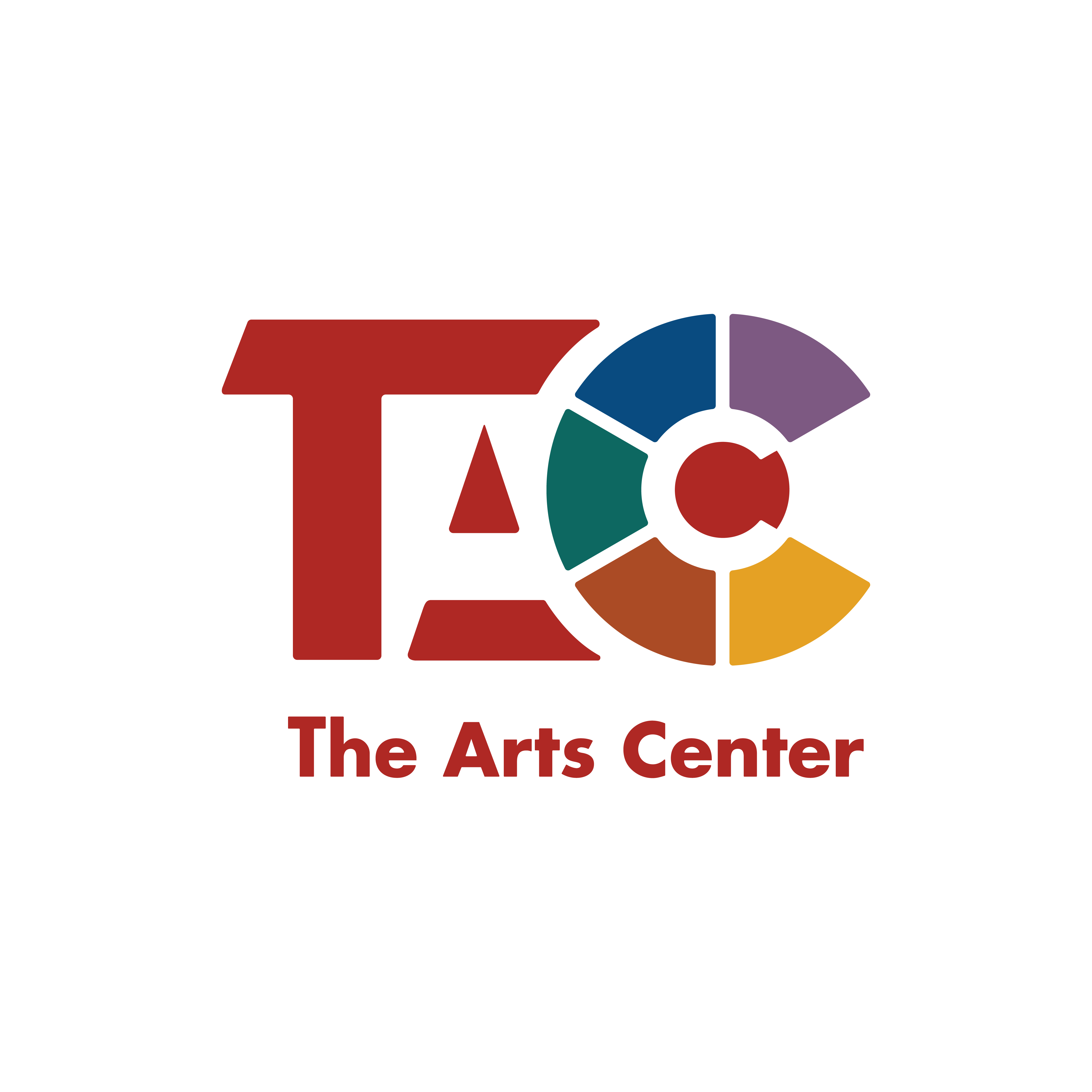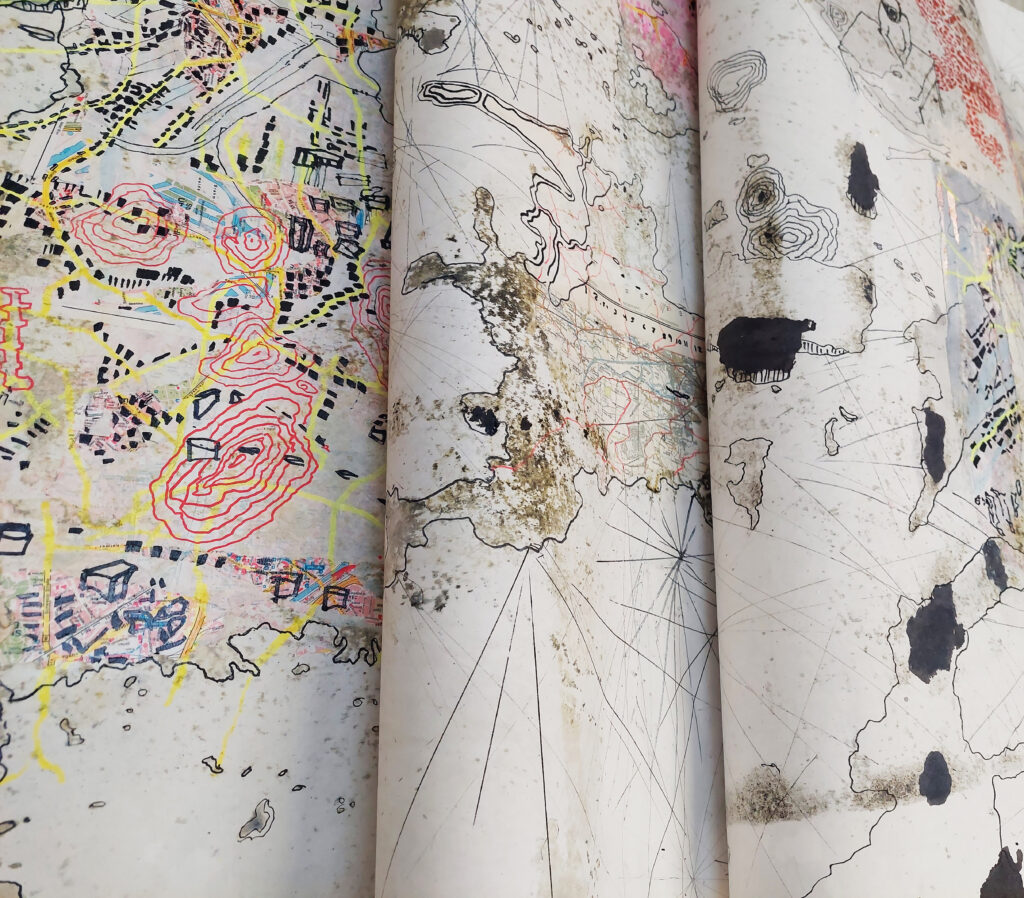
RePlay
Guest Curated by Vuslat D. Katsanis
November 7, 2024 – January 7, 2025
Main Gallery
Reception: Thursday, November 7, 5:30 -7 PM (Re-scheudled)
Guest Curator Talk begins at 6 PM
Image: Territory Narratives by Naomi Middelmann
ABOUT THE EXHIBITION
MinEastry of Postcollapse Art and Culture (MPAC), in collaboration with The Arts Center in Corvallis, presents RePlay, an international contemporary art exhibition featuring work by Ilknur Demirkoparan, Naomi Middelmann, and Keoni K. Wright.
RePlay brings together three contemporary artists working across Suriname, Switzerland and Türkiye with work that recalls and reinterprets historically complex material in critically innovative ways. As the third installment of MPAC’s 2023 exhibition series, Play and Interplay, which opened in Zurich during the Zurich Art Weekend, RePlay at The Arts Center in Corvallis explores themes of repetition and reinterpretation to challenge the residual afterimages of colonialist representative traditions. From Ilknur Demirkoparan’s reinterpretation of Orientalist iconography and its crossovers in current artificial intelligence imaging technology for depicting Turkish characters, to Naomi Middelmann’s reassemblage of private family letters written in German during the rise of European antisemitism, to Keoni K. Wright’s looping of Afro-Caribbean mysticism and Surinamese oral narrative in video art form, each of the works on display replay aspects of lasting memories to rethink contemporary art critical discourse.
ABOUT THE ARTISTS
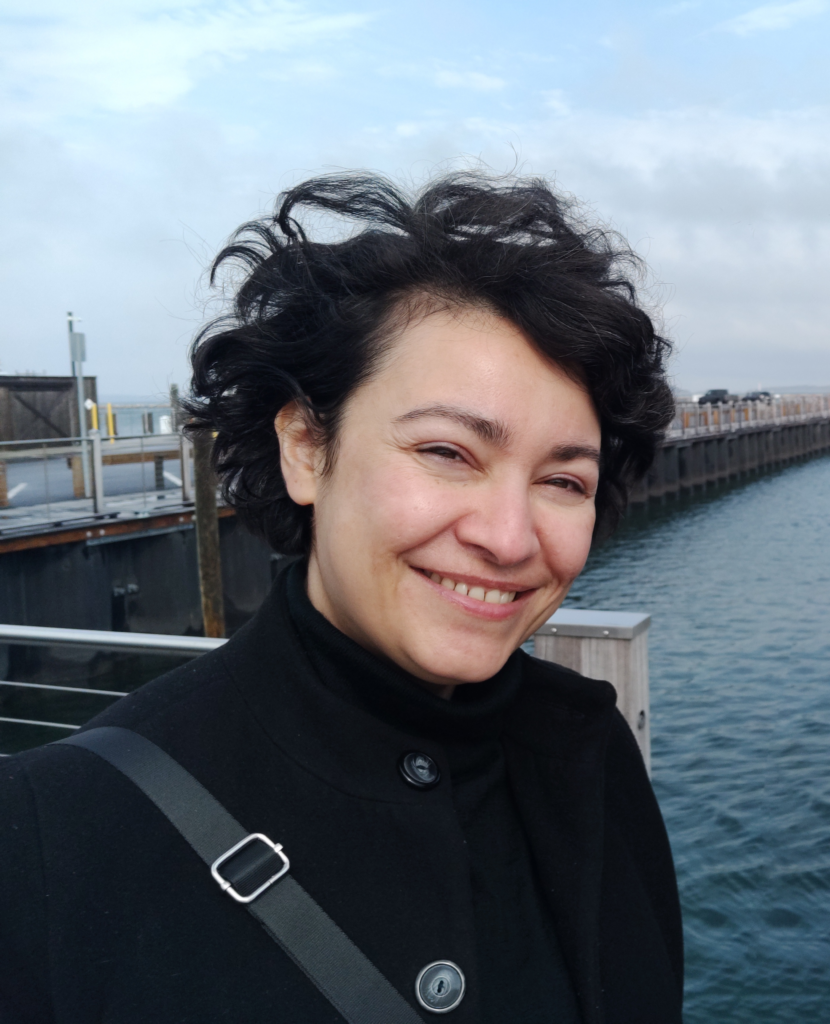
Ilknur Demirkoparan draws from the interplay of identity, migration, and the ethnographic spectacle to confront the enduring Eurocentric representative tropes surrounding the depiction of Turkish characters in art and cultural history. Aligned with the global movement to decolonize exhibition practices, Demirkoparan presents several remakes from her earlier artistic practice. Each work is in dialogue with additional intertextual references. “Turkish Delight in Three Takes” (2024) is a remake of her 2008 work titled Sometimes Mr. Metzel, A Candy Is Just A Candy, which itself responds to the German artist Olaf Metzel’s 2007 sculpture of a nude woman titled Turkish Delight. In her remake of the Fantastic Turks: The Necessary Retrieve Edition (2024), Demirkoparan engages contemporary AI imaging technology to depict Turkish stock characters for a trading card series, thereby exposing the lasting influence of the Orientalist gaze in shaping data output. Finally, in her updated Branded (2024), Demirkoparan revisits the era of post 9-11 Islamophobia in the USA and the branding of identities. Altogether, the artist displays the semiotics of identity and alterity to grapple with the lingering afterimages of the colonial gaze.
Naomi Middelmann’s work explores the difficulty of remembering through a variety of media including found objects, textile installations, drawing, and painting. Her works on display involve the act of recollecting and reassembling the landscapes of memories sewn across space and time. In Wanderings of My Mind (2024) Middelmann draws maps of fictional places to express the immigrant experience of territorial loss and spatial disorientation. In Family History (2023), she transcribes the entirety of a book written in German by her Grandfather which traces her family lineage between 1412-1986, while marking tumultuous events both private and political. Against the background of the peak of antisemitism in Europe, Middelmann traces her own family’s emigration journey across five continents. Middelmann’s Territory Narratives series (2024) reassembles vintage maps of Europe, Africa and the Americas, from which she recreates cities and towns and carves out new roadways. Challenging the scientific objectivism of maps, Middelmann’s series reveals the fragmentation of place through the permeating contexts of migration and loss. In a bizarre Sisyphean act of writing words in a language which one cannot read, or reconstructing roadways which one cannot ever cross, Middelmann’s works on memory hover in the interstitial space between knowing and feeling, all the while envisioning critically playful challenges against a depersonalized version of objective history.
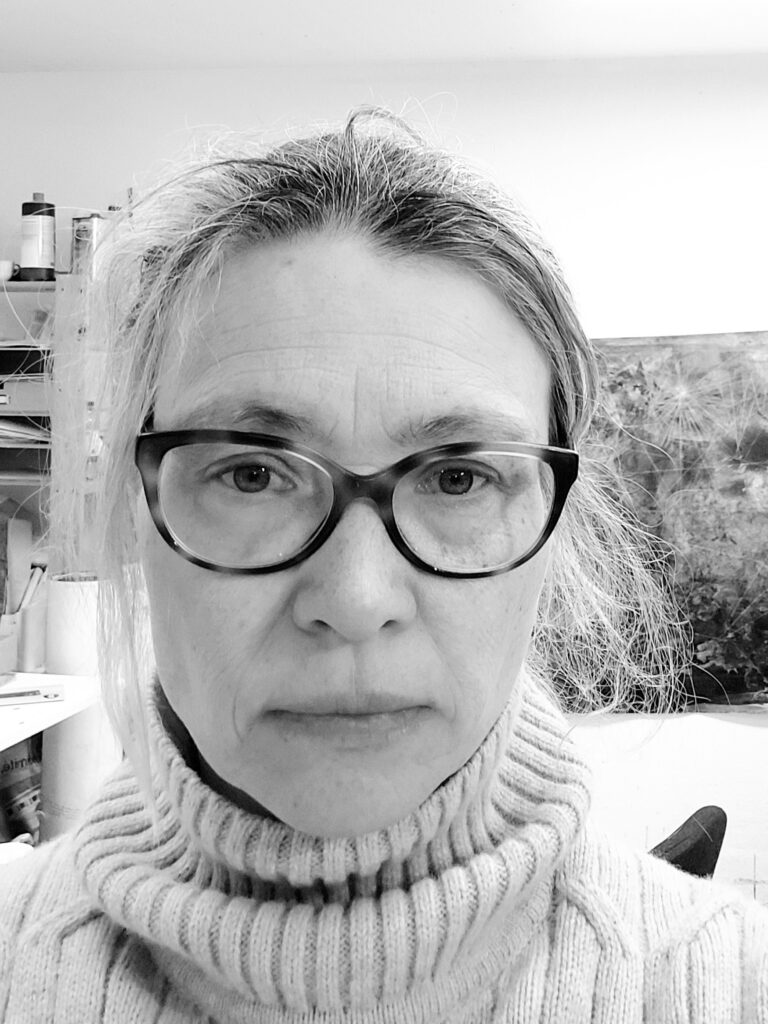
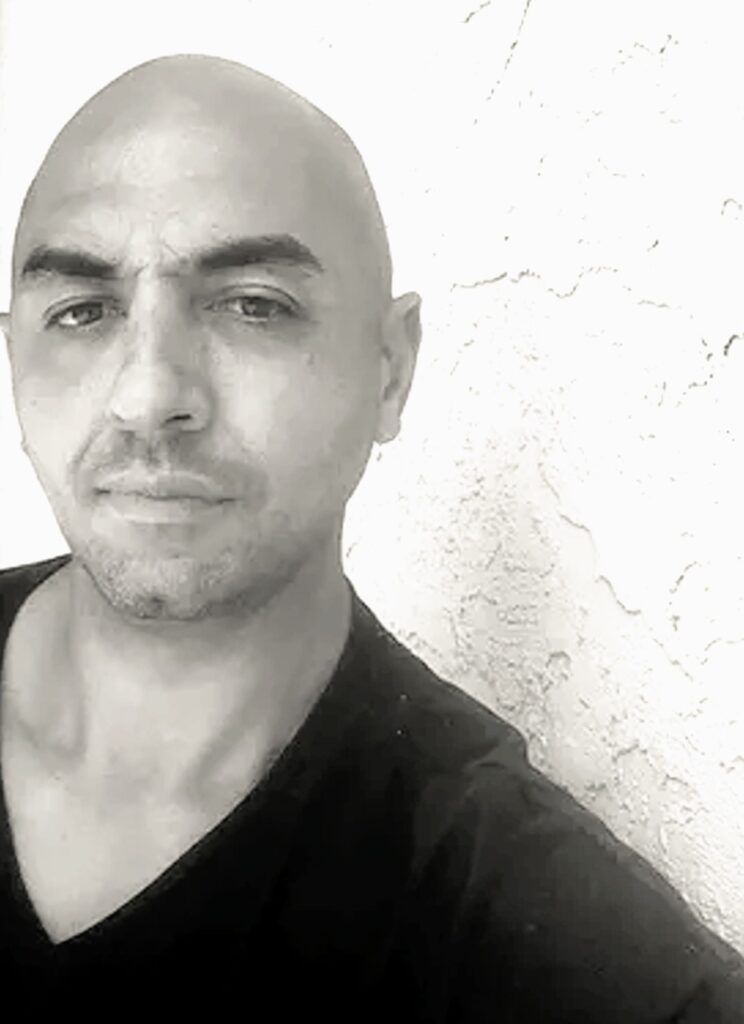
Keoni K. Wright’s documentary style of experimental filmmaking combines curiosity with consideration to hear the stories from the Amazonian-Caribbean nation of Suriname, which has been his home since 2017. Mixing elements of the documentary style with avant-garde street sensibility, Wright’s short films extend what Trinh T. Minh-ha famously described as the ethics of “speaking nearby.” That is to say, rather than speaking for or explaining away the subjects of his films from the outside, Wright’s films enter into the rich cultural spaces of this tiny postcolonial nation to humbly hear, unfold, and learn from the diverse voices of people telling their stories on their own terms. From the dangerous but joyful journey of a group of conservationists paddling across Suriname’s tropical rivers in search of the world’s largest snake in Aboma! Aboma! (2023) to the various Afro-Carribbean dance traditions performed by powerful young women in ReleaseD (2020), to the myth of the healing powers of the legendary anaconda hospitals in the dialogue exchanged between the patient and the caretaker in Intake (2024), Wright’s films celebrate their storytellers while decentering the ethno-documentarian gaze. Wright’s playful narrative and generosity of close-listening encourage collaborative exchange between the subjects of his films and their viewers.
About MPAC:
The MinEastry of Postcollapse Art and Culture (MPAC) is an art and research initiative dedicated to exploring the global contemporary from the vantage point of postcollapse art and theory since the end of the Cold War. Our frames of reference begin with human experiences from Eastern Europe and Western and Central Asia and extend to every corner of our diasporic world presence. Established in Portland, USA, in 2021, MPAC held a series of year-long exhibitions from 2021 to 2022 before relocating to Zurich, Switzerland, where it reopened in 2023.
Vuslat D. Katsanis is an academic, curator, and writer working across the USA and Europe. Her research focuses on migration narratives and visual culture since 1989. She is the cofounding director of the MinEastry of Postcollapse Art and Culture, and the 2025 NEH Visiting Professor in the Department of Literature, Media, and Writing at Hartwick College.
Stay Connected and Up to Date!
FOLLOW US
